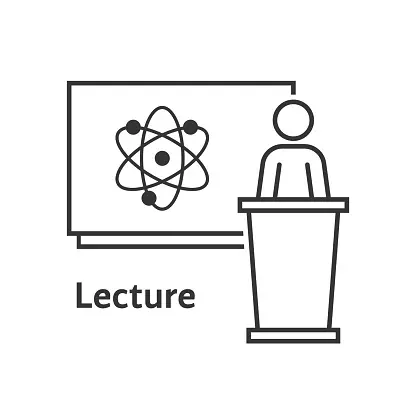
Kedves Kolléga!
Tájékoztatom, hogy kedden, 2021. április 13-án, 08 óra 30 perctől kerül megrendezésre az online Intézeti megbeszélés Zoom-on.
Panyi Professzor Úr nyomatékosan kéri, hogy szíveskedjen bejelentkezni, ha mégsem tud, legyen szíves indoklással együtt előre jelezni a biophys@med.unideb.hu címre.
A referátumot Prof. Dr. Papp Zoltán (DE ÁOK Kardiológiai Intézet, Klinikai Fiziológiai Tanszék) tartja, amelynek címe: "ACE/ACE2 balance, cardiovascular diseases and COVID-19".

Az előadás rövid összefoglalója:
The role of the renin-angiotensin-aldosterone system in cardiovascular disease (CVD) has been established. Elevated levels of angiotensin II produced by angiotensin converting enzyme (ACE) have adverse effects on the cardiovascular system, while angiotensin 1-7 produced by angiotensin converting enzyme type 2 (ACE2) mediates protective effects. The SARS-CoV-2 virus (following a proteolytic priming process) binds to its cellular receptor, ACE2. Virus adherence and invasion is facilitated by the function of proteases (transmembrane protease serine 2, cathepsin-L, furin) of the host tissue. Based on the above, dysregulation in ACE/ACE2 balance and tissue specific proteases play central roles not only in the development of CVDs but also in SARS-CoV-2 infections. However, the related signalling processes are currently unknown. The severity of COVID-19 has been associated with age, cardiovascular disease (CVD, i.e. hypertension and heart failure), type 2 diabetes (T2DM), male gender, obesity, and a number of other chronic clinical conditions (e.g., chronic kidney disease, COPD, smoking, malignancies, etc.). The recognition of CVD-specific changes in the ACE/ACE2 balance and spike protein proteases is greatly complicated by the multitude of interacting factors. Taken together, tissue-specific regulatory disturbances in the ACE/ACE2 balance is of major importance in the development of cardiovascular disease (CVD) and the high mortality of COVID-19.